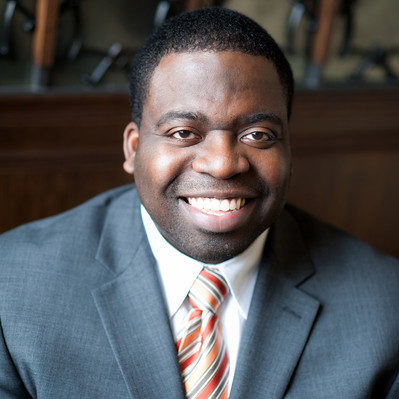CNN’s Campbell Brown interviewed Chasidy Buckley and Jessica Shivers, two students featured in the HBO documentary “Prom Night In Mississippi” about Charleston High School’s first integrated prom in the spring of 2008. One of the points these young women make is they believed the prom was segregated because the “old money” folks who controlled purse strings in their town desired the prom to remain segregated. These moneyed bigots enabled other bigots to say things like: “I don’t want no niggers grinding up on my daughter” during a school meeting concerning switching from a segregated prom to an integrated one.
If this is how a critical mass of bigots who control a local community felt about black children who want to put on tuxedos and evening dresses and attend a chaperoned school event with all of their classmates, I wonder how easy it is for a guidance counselor from the school to submit a black child’s name for a scholarship sponsored by some of these same bigots. How many black kids with A’s are nominated to be student of the month in the local newspaper? I wonder how many black children in this school really felt that they could go to the same administrators who sanctioned a segregated society and receive a fair opinion about their options for college. What else was, or maybe still is kept, separate but equal?
The key here, is that Morgan Freeman offered to pay for an integrated prom, if the school board would agree to it. In 1997 they refused, in 2008 they accepted. Without his money, influence and power to counterbalance the control exerted by bigots on these children and bring cameras to expose the situation, their prom would still be segregated. It took an altruistic form of affirmative action to strike down such a bigoted practice. These kids were lucky Morgan Freeman and the makers of the documentary were willing to help them achieve a measure of social equality. How many children aren’t as lucky? Affirmative action is not to combat the damage done to our country by bigotries of years past, but the effects of today’s bigotry on the American quality of life.
